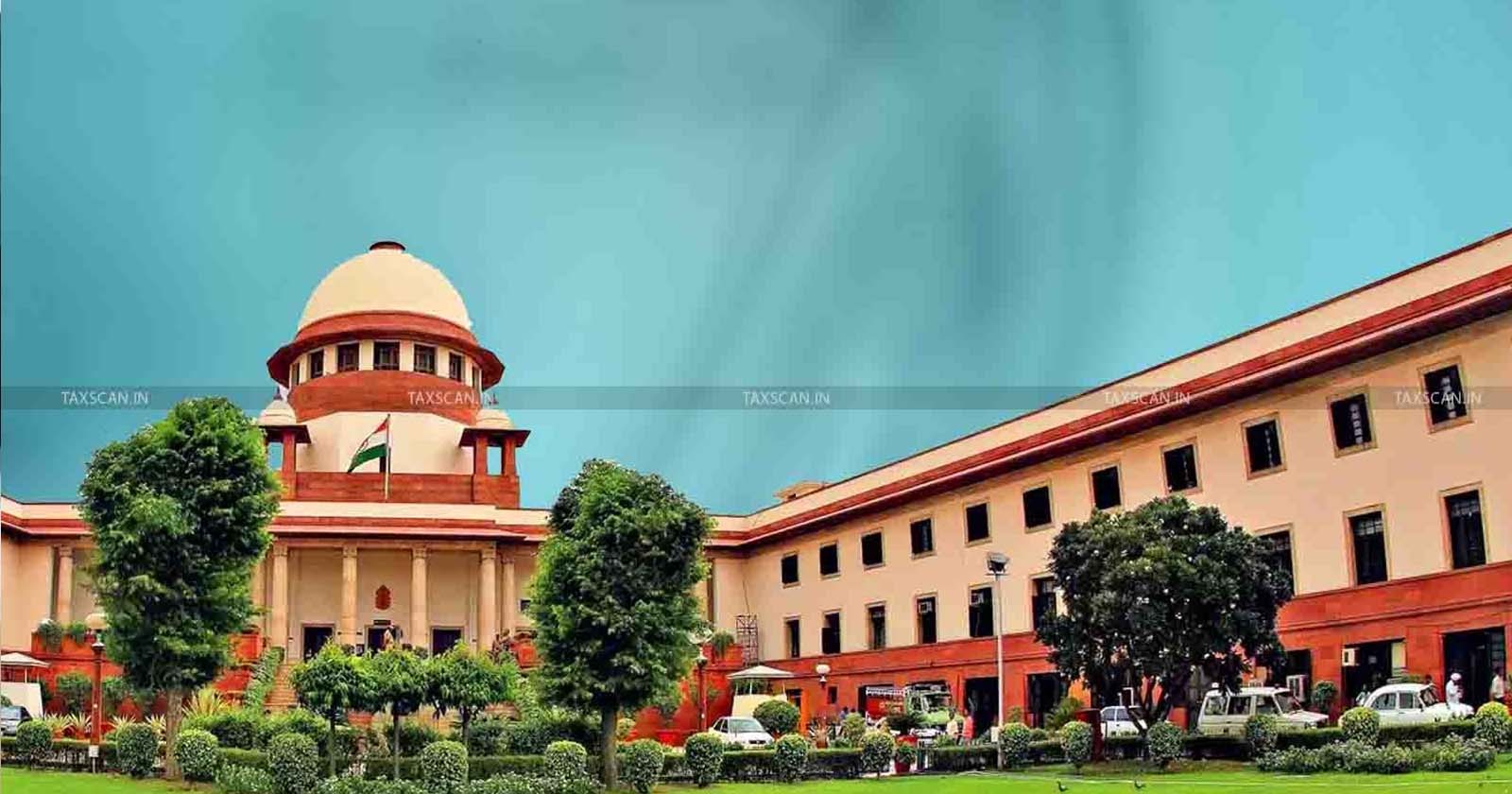Supreme Court to hear Madras Bar Association's Challenge against Constitutional Validity of Provisions over GSTAT Constitution
Due to the Goods and Services Tax Appellate Tribunals' nonconstitution, taxpayers are unable to use their second appellate remedy, thus they are burdening the High Courts by requesting redress directly from them

The Supreme Court’s bench of Justice Surya Kant and Justice Nongmeikapam Kotiswar Singh has scheduled the challenge by Madras Bar Association on April 2, 2025. The petition was challenging on the constitutional validity of constitution of Goods and Service Tax Appellate Tribunal (GSTAT) and qualification of tribunal members amended Sections 109 and 110 of the Central Goods and Services Tax (CGST) Act.
Read More: Income Tax e-Filing Utilities: New Schema Updates for Forms 10B, 29B & 29C
It was argued that the amendments violate the principles of judicial independence and fair adjudication, raising concerns over the appointment process and the qualifications prescribed for tribunal members.
The Central Goods and Services Tax Act, 2017's Section 110 has been modified to update the age restrictions for appointments and broaden the qualifying requirements. According to sub-section (1), advocates can now be appointed if they have at least 10 years of significant litigation experience in indirect tax cases before tribunals, High Courts, or the Supreme Court. Furthermore, a new clause states that no one under the age of fifty may be appointed as a member or president.
Complete practical guide to Drafting Commercial Contracts Click Here
Additionally, the maximum age to hold office has been raised from sixty-seven to seventy years under sub-section (9). Reappointment is permitted for a maximum of two years, subject to the age restriction. Reappointment is allowed for a maximum of two years, subject to the specified age limit, and the maximum age has been raised from sixty-five to sixty-seven years under sub-section (10).
In order to hear appeals against the decisions made by the Appellate Authority under the Central Goods and Services Tax Act, 2017 and the State Goods and Services Tax Acts, the second appellate authority within the Goods and Services Tax framework—the Constitution of the Goods and Services Tax Appellate Tribunal—is established by Section 109 of the Central Goods and Services Tax Act, 2017 (12 of 2017).
Due to the Goods and Services Tax Appellate Tribunals' nonconstitution, taxpayers are unable to use their second appellate remedy, thus they are burdening the High Courts by requesting redress directly from them.
Read More: ITAT dismisses Tax Appeal as assessee Applies for Vivad Se Vishwas Scheme
Notification No. 28/2023-Central Tax, issued July 31, 2023, announced the revisions to sections 109 and 110 of the Central Goods and Services Tax Act, 2017 that would allow for the establishment of the Central Goods and Services Tax Appellate Tribunals. It was noted throughout the aforementioned Tribunal's operationalization process that some Central Goods and Services Tax Act, 2017 provisions needed to be brought into compliance with the Tribunal Reforms Act, 2021 (33 of 2021).
Support our journalism by subscribing to Taxscan premium. Follow us on Telegram for quick updates


